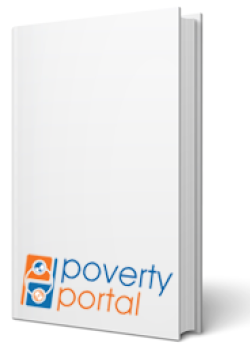Social Inclusion Policy
Producing justice or retribution?
Author : Macfarlane, K.
The notion of social inclusion has currently gained extraordinary credence in Australia. Policy incorporating social inclusion abounds across all discipline areas with the federal government for the first time instituting a government portfolio for this area, headed by the Deputy Prime Minister. Such a move indicates the importance of managing aspects of inclusion across all sectors, in a country where diversity abounds. However, this focus on inclusion can prove highly problematic, when it becomes such an integral part of policy formulation and of the assumptions, omissions and contradictions that policy produces. This paper examines how policy discourse produces ways of thinking about inclusion/exclusion. Using three vignettes, the author applies the theories of Michel Foucault to argue that the discursive production of such inclusive policy works to simultaneously exclude by categorising particular types of individuals and families as

